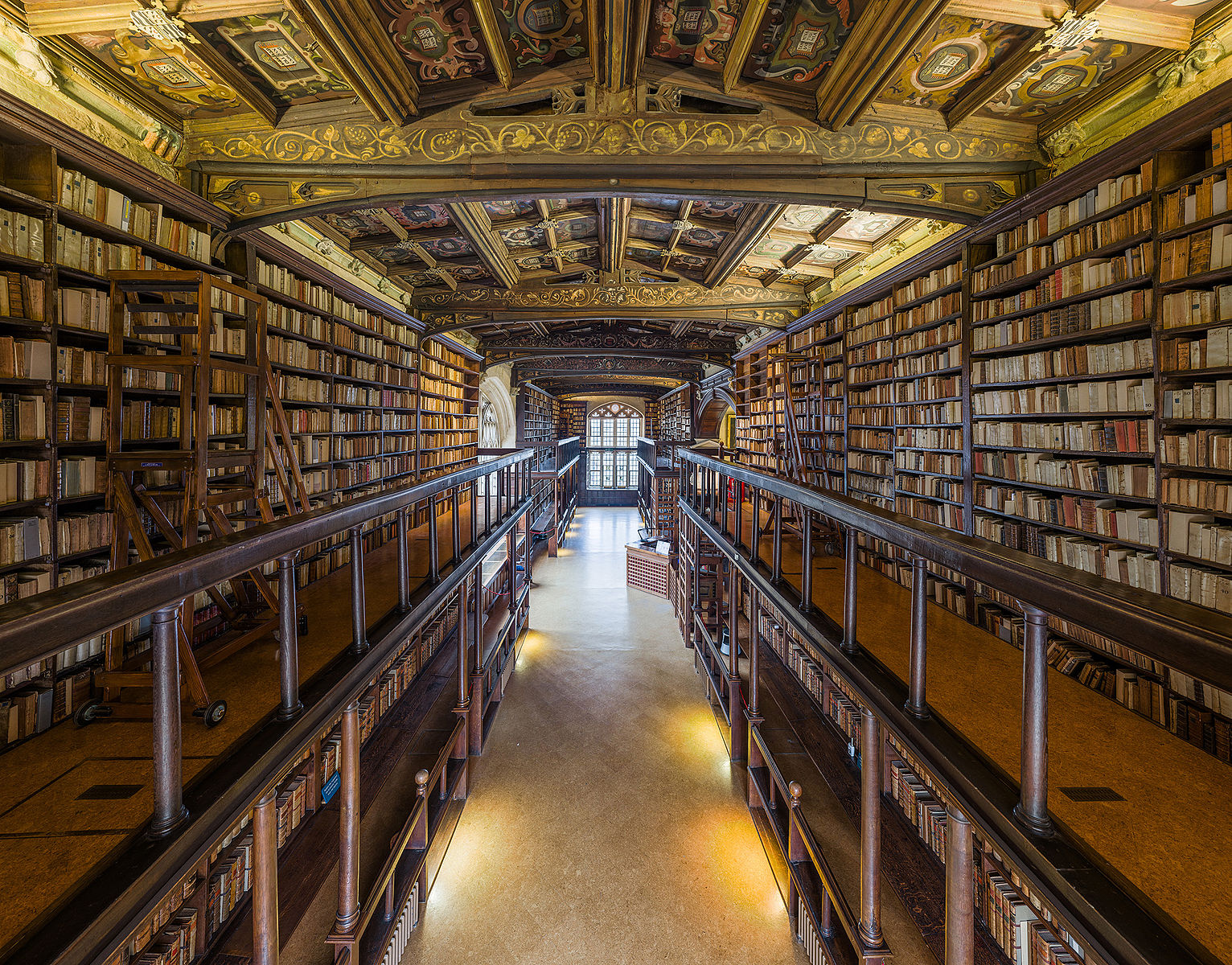


The Potter books lend themselves to a curated exhibition in a way other stories might not. It does not claim that Rowling had knowledge of all the texts on display rather, that she drew from their world. It reminds visitors that the world which exists behind the eyes has movement and textures all of its own it is coloured by the individual shades of each reader’s imagination, and is a phenomenon that film, for all its scope, can’t mimic. The show underscores the textuality of Harry Potter’s birth, makes clear that he rose from heaps of scrap paper and memories of other, far older books. The current exhibition at the British Library, Harry Potter: A History of Magic (until 28 February), situates Rowling in a European tradition of accounts of alchemy, botany, astrology and witchcraft, and in doing so, reroots Harry Potter in a history of manuscripts and books. Great children’s fiction isn’t slick the film studio’s imperatives of mass audiences and shareholders erode at the difficult edges of a work. But they are big-budget motion pictures: tap them and they ring like money. Produced by David Heyman, who went on with Rosie Alison to make the hit Paddington movies, they raised the bar for live-action family entertainment. The Potter films themselves were in many ways a marvel: the special effects were remarkable, the adult cast a dream, and they have heart and wit on their side. The eight movies based on the seven books grossed $7.7 billion and with that came the merchandise, and the use of Harry’s face to launch a thousand lunchboxes, and the brittle quality that pervades anything once it becomes a brand. It is possible too that the Harry Potter films, as they grew larger, made the books smaller. Because her evocation of the Christ narrative is mixed in with jokes about troll snot, it is possible to dismiss the books as a little thin, a little cheap (this would be a mistake). Rowling is a writer who has looked into the hearts of children, and seen immense moral seriousness compounded with frenetic energy and a measure of lunacy.

Her books deal with ambition and corruption, power and death, but she is silly as often as she is wise. Rowling revels, too, in the humour of bodily excretions. (The same is true of Tolkien.) They are not texts that traffic in ambiguity we are rarely left in doubt as to the precise emotion of any character in the room. Stylistically, the books sprawl Rowling’s prose is laden with adverbs and adjectives, and on any one page characters might speak ‘sharply’, ‘curiously’, ‘impatiently’ and ‘suddenly’. An ignoble plot-engine, you could say, though one that has been deployed by narratives from King Arthur to Star Wars. A lot of their power comes from appealing to the fairy-tale desire of every child to believe that they are secretly special, the Chosen One.


 0 kommentar(er)
0 kommentar(er)
